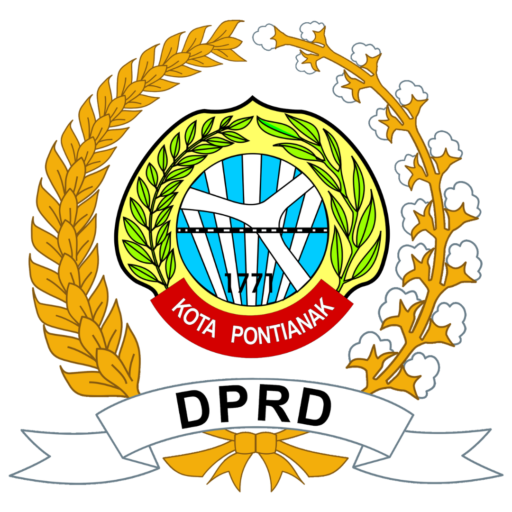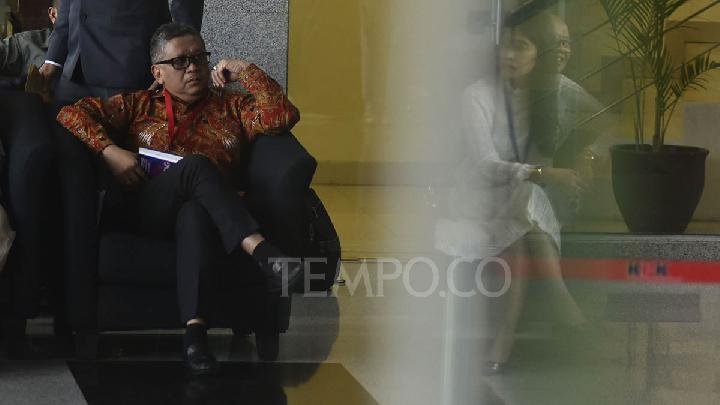ICW Minta KPK Pakai Pasal Perintangan Penyidikan terhadap Hasto Kristiyanto
The Corruption Eradication Commission (KPK) has been urged by the Islamic Community Forum (ICW) to use the obstruction of investigation article against Hasto Kristiyanto, the Secretary General of the ruling Indonesian Democratic Party of Struggle (PDI-P). This call comes after allegations of corruption and irregularities surrounding Hasto Kristiyanto have surfaced.
The ICW has accused Hasto Kristiyanto of being involved in several corruption cases, including the misappropriation of funds and abuse of power. They claim that he has obstructed the KPK’s investigation into these allegations, by not cooperating with the authorities and withholding crucial information.
The use of the obstruction of investigation article is seen as a necessary step in order to hold Hasto Kristiyanto accountable for his actions and to ensure that justice is served. The ICW believes that by using this article, the KPK will be able to gather sufficient evidence to prosecute him and bring him to trial.
Hasto Kristiyanto has denied all allegations against him, stating that he has always acted in accordance with the law and has nothing to hide. He has also called on the KPK to conduct a fair and impartial investigation into the matter.
The KPK has yet to comment on the ICW’s request to use the obstruction of investigation article against Hasto Kristiyanto. However, they have stated that they are committed to fighting corruption and will not hesitate to take action against anyone who is found guilty of committing such crimes.
In a country where corruption is still a major issue, it is important for the authorities to take a strong stance against those who engage in such practices. The use of the obstruction of investigation article against Hasto Kristiyanto could send a strong message to others who may be tempted to engage in corrupt activities.
As the investigation into Hasto Kristiyanto continues, it is important for the KPK to remain impartial and thorough in their inquiries. Only by doing so can they ensure that justice is served and that those who are guilty of corruption are held accountable for their actions.

